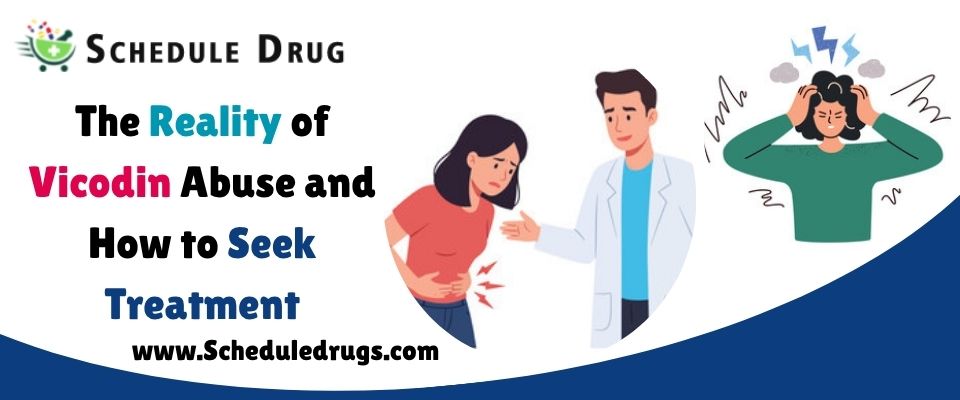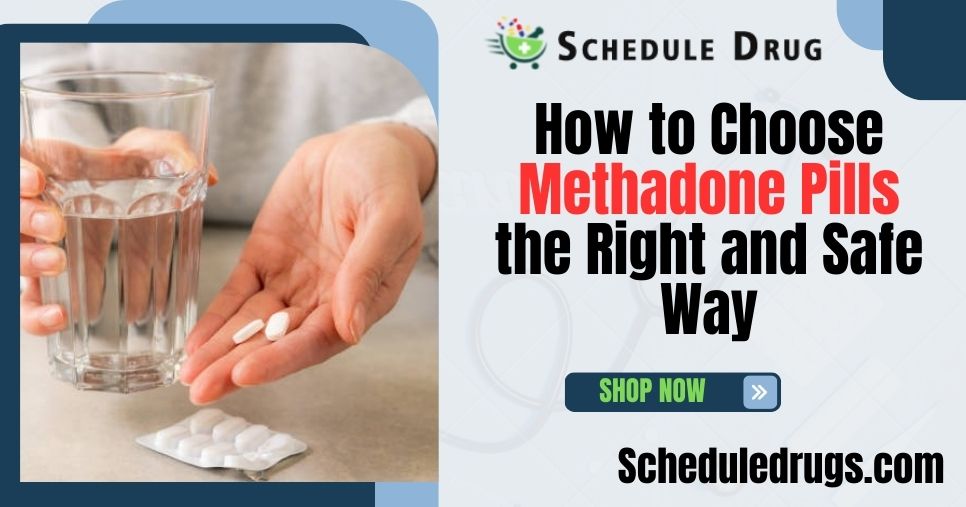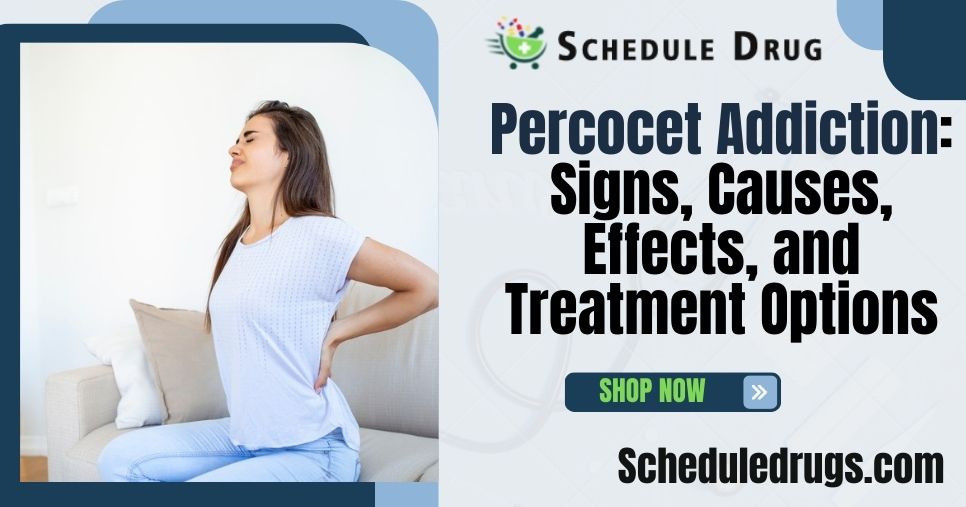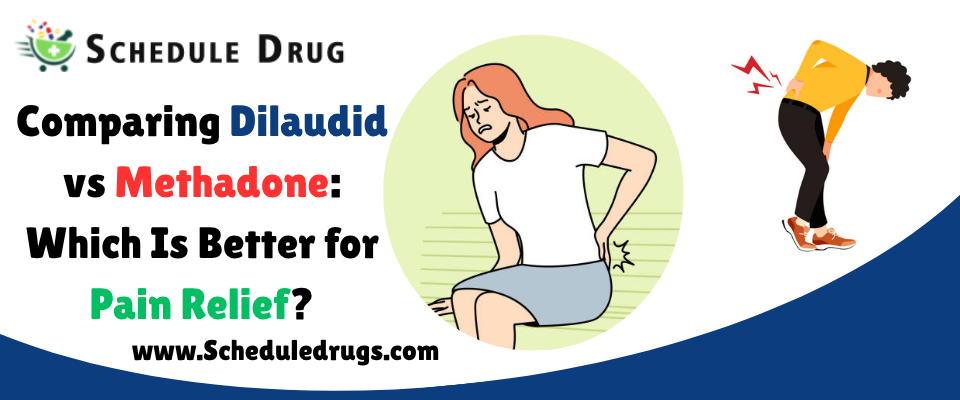The Reality of Vicodin Abuse and How to Seek Treatment
Vicodin, a combination of hydrocodone and acetaminophen, is a powerful prescription opioid used to manage moderate to severe pain. While some people turn to online sources for convenience or to avoid prescriptions, buying Vicodin online without medical supervision carries significant risks. Misuse can quickly lead to tolerance, dependence, and addiction. The internet also hosts numerous illegitimate pharmacies selling counterfeit or unsafe products, putting users at risk of overdose, liver damage from excessive acetaminophen, or other serious health complications.
Opioid addiction from Vicodin often starts gradually. People may initially use it for legitimate pain relief but develop cravings as the brain adapts to the drug. Signs of abuse include taking higher doses than prescribed, seeking multiple sources of the medication, or experiencing withdrawal symptoms when the drug is unavailable. Online accessibility can accelerate these behaviors, making it more difficult to recognize and address addiction early.
What is Vicodin?
Vicodin is a prescription pain medication commonly prescribed to relieve moderate to severe pain. It combines hydrocodone, an opioid pain reliever, with acetaminophen, which enhances its pain-relieving effects. Vicodin works by binding to specific receptors in the brain and spinal cord, reducing the perception of pain and providing effective relief for conditions such as post-surgical pain, injury-related pain, or chronic pain management.
Many patients seek to buy Vicodin online for convenience and privacy, but it is important to remember that Vicodin is a controlled substance. Purchasing it without a valid prescription is illegal and can pose serious health risks, including addiction, overdose, or adverse drug interactions. Licensed pharmacies and telehealth services can provide safe access under proper medical supervision, ensuring both effectiveness and safety.
Vicodin pain relief is highly effective when taken according to a doctor’s prescription. It is crucial to follow dosage instructions carefully and avoid combining it with alcohol, other opioids, or certain medications that may increase the risk of dangerous side effects. Patients should also be aware of potential dependency and monitor for early signs of tolerance or misuse. With proper use, Vicodin can significantly improve quality of life for those dealing with intense or persistent pain.
Common use of Vicodin
Vicodin is a prescription medication commonly used to relieve moderate to severe pain. It combines hydrocodone, an opioid pain reliever, with acetaminophen, which enhances its effectiveness in reducing pain and discomfort. Doctors often prescribe Vicodin after surgeries, injuries, or for conditions that cause chronic pain, helping patients manage their symptoms while they recover or undergo treatment.
The primary use of Vicodin is to provide short-term pain relief. It works by affecting the central nervous system, altering how the brain perceives pain. Patients are advised to follow their doctor’s dosage instructions carefully, as misuse of Vicodin can lead to addiction, dependency, or serious side effects. It is not intended for long-term use without medical supervision.
Additionally, Vicodin can be used in cases where over-the-counter pain medications like ibuprofen or acetaminophen alone are insufficient. Its common use for pain management makes it one of the most widely prescribed opioids in the United States. Patients should also be aware of potential interactions with alcohol, sedatives, and other medications that may increase the risk of adverse effects.
Vicodin Dosage
Vicodin is a prescription pain medication that contains a combination of hydrocodone and acetaminophen. It is primarily used to manage moderate to severe pain. Dosage must be carefully determined by a healthcare professional based on the patient’s age, weight, pain severity, and previous opioid use. Taking more than the recommended dose can lead to serious side effects, including liver damage (from acetaminophen) and respiratory depression (from hydrocodone).
The usual adult dosage of Vicodin is one to two tablets every 4 to 6 hours as needed for pain, not exceeding the maximum daily limit. Lower doses may be prescribed for patients with liver impairment or those who are opioid-naïve. Pediatric use is typically not recommended due to safety concerns.
| Strength | Typical Adult Dosage | Maximum Daily Dose | Notes |
| 5 mg hydrocodone / 300 mg acetaminophen | 1–2 tablets every 4–6 hours as needed | 8 tablets per day | Start with the lowest effective dose |
| 7.5 mg hydrocodone / 325 mg acetaminophen | 1 tablet every 4–6 hours as needed | 6 tablets per day | Use caution in patients with liver issues |
| 10 mg hydrocodone / 325 mg acetaminophen | 1 tablet every 6 hours as needed | 4 tablets per day | Usually prescribed for severe pain only |
It is crucial to follow the prescribed dosage and never exceed the daily limit to avoid serious complications. Regular consultations with a healthcare provider can help adjust the dosage safely and reduce the risk of dependence or adverse effects.
Common Side Effects of Vicodin
Vicodin, a prescription medication combining hydrocodone and acetaminophen, is commonly prescribed for moderate to severe pain relief. Like all opioids, it carries the risk of side effects, which can range from mild to serious. The most commonly reported side effects include drowsiness, dizziness, and lightheadedness, which occur because hydrocodone acts on the central nervous system to slow brain activity. Some users may also experience nausea, vomiting, constipation, or dry mouth, as the drug affects the digestive system and reduces intestinal motility.
Other frequent side effects include headaches, blurred vision, and mild itching or skin rash. These reactions are typically temporary and may subside as the body adjusts to the medication. However, combining Vicodin with alcohol, sedatives, or other medications can amplify these effects, leading to increased drowsiness or respiratory depression. It is essential to follow the prescribed dosage and consult a healthcare provider if side effects persist or worsen.
While many side effects are manageable, Vicodin can also cause serious reactions in some cases, such as slowed breathing, extreme dizziness, or allergic responses. Users should seek immediate medical attention if they experience symptoms like swelling of the face or throat, severe confusion, or difficulty breathing. Understanding the common side effects and how to manage them helps ensure safer use of Vicodin while minimizing risks associated with opioid medications.
Prevention of Side Effects
Preventing side effects while taking Adipex is essential for a safe and effective weight-loss journey. Common side effects of Adipex include dry mouth, insomnia, dizziness, increased heart rate, and nervousness. While these effects are often mild, they can become uncomfortable or potentially serious if not managed properly. One of the most effective methods for the prevention of side effects is to follow the prescribed dosage and timing instructions carefully, usually taking the medication in the morning to avoid sleep disturbances.
Lifestyle adjustments also play a key role in minimizing side effects. Staying well-hydrated, maintaining a balanced diet, and limiting caffeine or other stimulants can reduce the risk of nervousness, insomnia, and jitteriness. Regular monitoring of blood pressure and heart rate is recommended, especially for individuals with cardiovascular concerns, as Adipex can increase heart activity.
Safety Tips When Using Vicodin
When using Vicodin, it is essential to follow your doctor’s instructions carefully to avoid serious health risks. Vicodin contains hydrocodone, a powerful opioid painkiller, which can lead to dependence, addiction, or overdose if misused. Always take the medication exactly as prescribed, avoid increasing the dose on your own, and never share it with others. Store it securely, out of reach of children and pets, as accidental ingestion can be life-threatening.
Be aware of common side effects of Vicodin, which include dizziness, nausea, constipation, drowsiness, and lightheadedness. More severe side effects may include slowed breathing, severe allergic reactions, or confusion. Combining Vicodin with alcohol, other opioids, or sedatives can amplify these risks and increase the chances of a dangerous overdose.
To stay safe while using Vicodin, communicate openly with your healthcare provider about your medical history and any other medications you take. Do not abruptly stop taking Vicodin without consulting your doctor, as withdrawal symptoms such as anxiety, sweating, and insomnia may occur. Regularly review your pain management plan to ensure the lowest effective dose is used and to minimize the risk of dependence or serious side effects.
Types of Vicodin
Vicodin is a prescription pain-relief medication that combines hydrocodone, an opioid pain reliever, with acetaminophen, a non-opioid painkiller. It is primarily prescribed to treat moderate to severe pain. Over the years, Vicodin has been available in several formulations and strengths, allowing doctors to tailor treatment based on the patient’s pain levels and medical condition.
Common Formulations of Vicodin
The most widely prescribed types of Vicodin differ by the amount of hydrocodone and acetaminophen they contain. Standard formulations include:
- Vicodin 5/300 mg – contains 5 mg of hydrocodone and 300 mg of acetaminophen.
- Vicodin 7.5/300 mg – contains 7.5 mg of hydrocodone and 300 mg of acetaminophen.
- Vicodin 10/300 mg – contains 10 mg of hydrocodone and 300 mg of acetaminophen.
These variations allow doctors to prescribe a dose suitable for mild, moderate, or severe pain, while minimizing the risk of acetaminophen toxicity. In addition to tablets, some formulations are available in extended-release forms, though these are less common and often replaced by other hydrocodone-based medications for chronic pain management.
Choosing the Right Type
Selecting the appropriate type of Vicodin depends on factors such as the intensity of pain, the patient’s age, liver function, and history of opioid use. It’s critical to follow a doctor’s prescription carefully, as misuse can lead to addiction, overdose, or liver damage due to the acetaminophen component. Patients are advised never to combine Vicodin with alcohol or other sedatives to avoid dangerous side effects.
Reasons for Using Mild Pain Relievers
Mild pain relievers, such as acetaminophen and nonsteroidal anti-inflammatory drugs (NSAIDs) like ibuprofen, are commonly used to manage everyday discomforts. They are often the first line of treatment for headaches, minor muscle aches, menstrual cramps, and joint pain. By reducing pain and inflammation, these medications help individuals maintain daily activities without being hindered by discomfort.
Another reason people use mild pain relievers is to manage low-grade fever or symptoms associated with common illnesses such as colds or flu. These medications can provide temporary relief and improve overall comfort, allowing the body to rest and recover more efficiently. Because they are generally available over-the-counter, mild pain relievers offer convenient and accessible solutions for short-term pain management.
Additionally, mild pain relievers are often preferred because they carry a lower risk of serious side effects compared to stronger prescription pain medications. When used as directed, they are safe for most adults and can be incorporated into routine self-care. However, it is important to follow recommended dosages and consult a healthcare provider if pain persists or worsens, as this may indicate a more serious underlying condition.
Drug Interactions with Vicodin
Vicodin can also interact with medications that affect liver metabolism. Hydrocodone is metabolized in the liver by the CYP3A4 enzyme, so drugs that inhibit or induce this enzyme—such as certain antifungals, antibiotics, or seizure medications—can alter Vicodin levels in the bloodstream. This may cause the drug to become either less effective or dangerously potent. Additionally, combining Vicodin with other medications containing acetaminophen, like cold or flu remedies, increases the risk of liver toxicity and should be strictly avoided.
Patients should always inform their healthcare provider of all prescription and over-the-counter medications, supplements, and herbal products they are taking before starting Vicodin. Careful management and monitoring are essential to prevent harmful interactions, ensure safe pain relief, and reduce the likelihood of dependence or overdose. Consulting a doctor or pharmacist before combining Vicodin with any other substance is the safest approach.
Abuse and Addiction Treatment
Substance abuse and addiction are complex medical conditions that affect both the brain and behavior. Addiction often begins with the repeated misuse of substances such as alcohol, prescription medications, or illicit drugs, which can lead to physical dependence and psychological cravings. Over time, this chronic condition can disrupt personal relationships, professional life, and overall health, making early intervention critical. Treatment addresses not only the physical aspects of dependence but also the emotional and behavioral patterns that sustain addictive behaviors.
Effective addiction treatment typically combines medical, psychological, and social support strategies. Medically supervised detoxification is often the first step, helping individuals safely manage withdrawal symptoms. Following detox, therapy options such as cognitive-behavioral therapy (CBT), group counseling, and motivational interviewing can help patients understand triggers, develop coping mechanisms, and rebuild healthy habits. In some cases, medications may also be prescribed to reduce cravings or manage co-occurring mental health conditions like anxiety or depression.
Recovery from addiction is a long-term process that requires ongoing support. Many patients benefit from participation in support groups, peer counseling, and aftercare programs to maintain sobriety and prevent relapse. Family involvement, lifestyle adjustments, and continued therapy play a crucial role in sustaining long-term recovery. With the right treatment plan, individuals struggling with addiction can regain control of their lives, improve their health, and reintegrate successfully into society.
Frequently Asked Questions (FAQ)
1. What is Vicodin used for?
Vicodin is a prescription opioid medication primarily used to relieve moderate to severe pain. It works by altering the way the brain and nervous system perceive pain.
2. Is Vicodin addictive?
Yes. Vicodin contains hydrocodone, an opioid, which can be habit-forming. Misuse or prolonged use increases the risk of dependence, addiction, and withdrawal symptoms.
3. Can I buy Vicodin online legally?
Vicodin is a controlled substance and can only be legally obtained with a prescription from a licensed healthcare provider. Buying it from unverified online sources without a prescription is illegal and unsafe.
4. What are the common side effects of Vicodin?
Common side effects include drowsiness, dizziness, nausea, constipation, and mild respiratory depression. Severe side effects may occur if taken in higher doses or combined with alcohol or other medications.
5. How should Vicodin be taken?
Follow your doctor’s prescription carefully. Take the medication exactly as directed, without increasing the dose or frequency, to reduce the risk of side effects and dependence.
Conclusion
Vicodin is a prescription opioid medication widely used to manage moderate to severe pain. While it can be highly effective for short-term pain relief, it carries significant risks, including dependence, addiction, and potentially dangerous side effects such as respiratory depression. Because of these risks, it is essential to use Vicodin strictly under the guidance of a licensed healthcare provider and follow the prescribed dosage schedule carefully.
Many people consider buying Vicodin online for convenience or privacy, but this practice comes with serious legal and health risks. Unverified online sources may sell counterfeit or unsafe products, and purchasing without a prescription is illegal in most countries. Ensuring that you obtain Vicodin from a licensed pharmacy, whether online or local, protects both your health and your legal standing.



